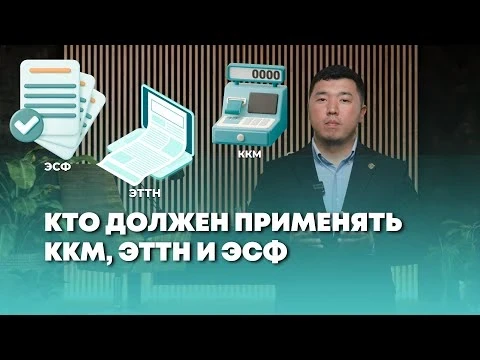According to the STS, amendments to the Tax and Labor Codes, adopted on October 29, 2025, are aimed at improving the transparency of transactions, protecting consumer rights, and reducing the shadow sector. These changes do not abolish cash payments but introduce liability for violations related to cashless transactions.
Starting from January 1, 2026, entrepreneurs will be prohibited from using payment instruments (such as POS terminals, QR codes, and electronic wallets) registered to individuals for personal use.
For the first violation, a warning will be issued. In the case of repeated violations:
- individuals will be fined 50 calculation indicators, and for repeated violations — 130;
- legal entities face a fine of 280 calculation indicators, and for repeated violations — 650.
Additionally, banks will be fined 650 calculation indicators for failing to provide information to tax authorities.
The STS emphasizes that these measures are aimed at creating equal conditions for all market participants and increasing consumer trust. Entrepreneurs are required to provide the option to pay for goods and services using bank cards, electronic wallets, and QR codes.
The changes also affect the Labor Code: starting from January 1, 2026, individual entrepreneurs must pay wages to foreign workers exclusively in cashless form, except in cases of seasonal work, emergencies, and lack of banking infrastructure.









